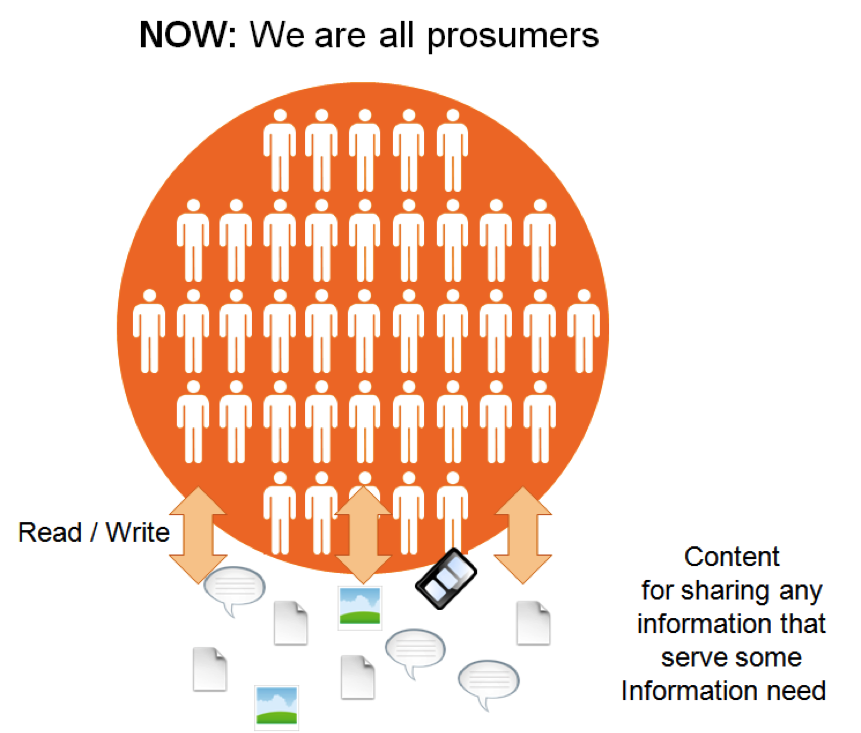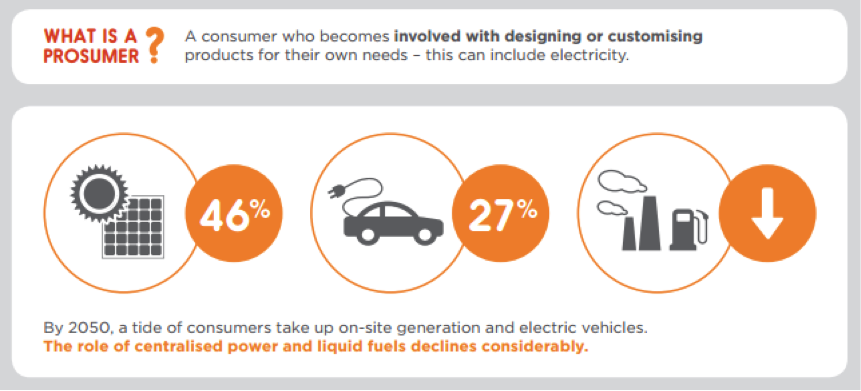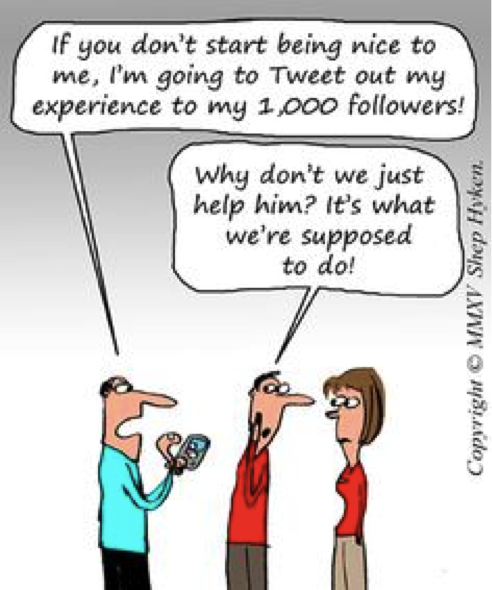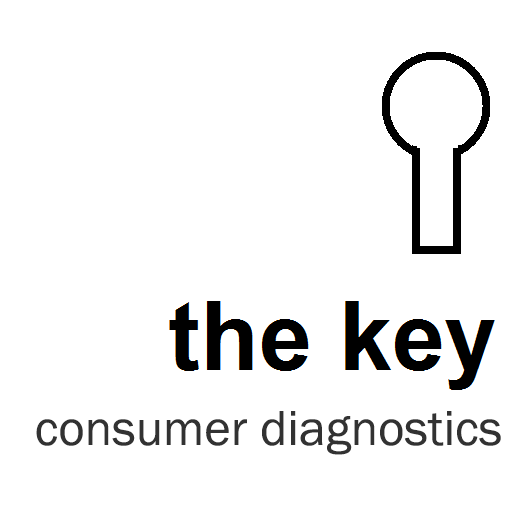Google defines prosumer in two ways –
- - as a person who buys electronic goods that are of a standard between those aimed at consumers and professionals and as a consumer who becomes involved with designing or customizing products for his/her own needs.
The latter is the how Alvin Toffler first used the term in his 1980 book The Third Wave. Toffler defined the prosumer as someone who blurs the distinction between a “consumer” and a “producer.”
The former is how the term “prosumer” was used first by the digital and electronics industry. Today the term has been variously used by different industries to loosely mean “product and brand advocate.” Rather than simply “consuming” products, people are becoming the voices of those products and significantly impacting the success or failure of companies, products, and brands, particularly through their involvement on the social web.
As the social web has grown, tools like Twitter, blogs, Facebook and YouTube have allowed communications to flow faster and farther than ever before. No longer are businesses completely in control of their products, brands and messages. Today, consumers are in control.
The leaders of this shift are the prosumers — bloggers, microbloggers, forum posters, social networking participants, and so on, who spread messages, influence people around the world, and drive demand. In simplest terms, people are moving from being consumers to prosumers with far more influence than ever before. If you have ever written, suggested, complained or reached out to a company about a brand you consume, you are a prosumer.
In research, you become a prosumer if you know more about the brand and its usage than the brand manager herself! If you can share your discoveries about a brand – features and benefits that have not been advertised by the brand, an alternative usage, a different context of consumption based on your brand consumption experience, you provide what the marketers call, valuable consumer insights.
Like you get to know yourself better by reading the analyses of the above psychological tests, marketers always want to make sense of a crore plus market of consumers and prosumers in a simplified manner. An individual consumer or prosumer may be very different from another, so they seek help from us in segmenting the market behaviorally – which means reducing the large numbers of consumers into 3-7 key heterogenous groups. These groups may be mutually exclusive but collectively exhaustive. This is called Consumer/Prosumer Segmentation.
This enables marketers to focus on the most lucrative segment. They can hence target this homogenous segment thereby optiming the advertising and marketing resources.





